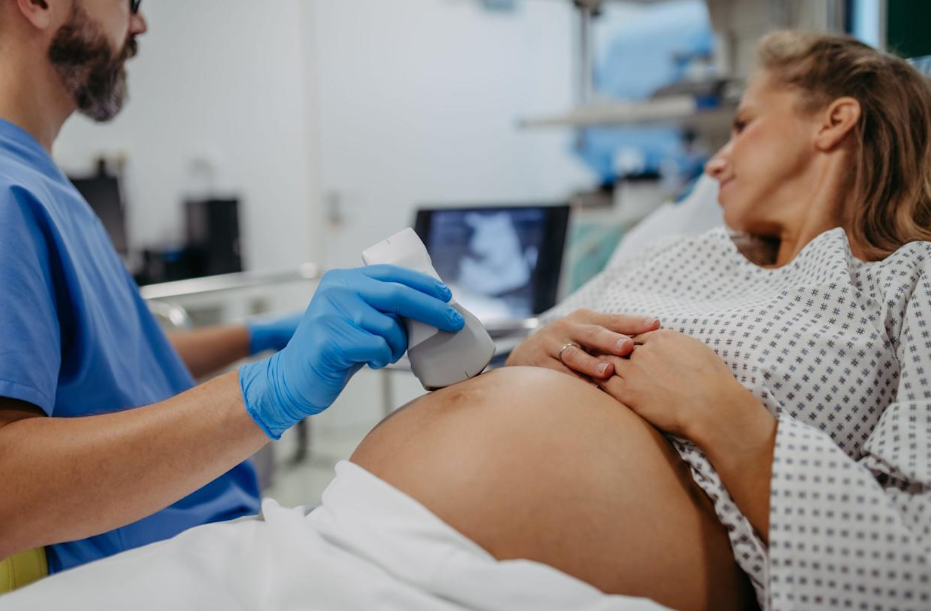While the research—a meta-analysis of data pooled from 202 earlier studies of more than 56 million mother-child pairs—doesn’t show whether gestational diabetes actually causes those problems, it shows that when mothers have diabetes while pregnant, children are 28% more likely to be diagnosed with a neurodevelopmental disorder. For autism, the risk was 25% higher for children of mothers with diabetes during pregnancy—and 30% higher for attention deficit hyperactivity disorder (ADHD), 32% higher for intellectual disability, 20% higher for trouble with communication, 17% higher for movement issues, and 16% higher for learning disorders—compared to babies whose mothers did not have gestational diabetes. Further, the researchers noted, having diabetes diagnosed before pregnancy appears to be linked with a 39% higher risk for one or more of those neurodevelopmental disorders than having gestational diabetes, which often resolves with the birth.
Past research has also found a higher diabetes prevalence in people with autism, and also that people with autism may have a higher risk of developing diabetes. And a 2022 meta-analysis out of the U.K. found evidence of a statistically significant association between ASD and diabetes. Researchers behind the latest analysis said that more research is needed, and called for “diligent monitoring” of blood sugar levels throughout pregnancy. This story was originally featured on Fortune.com







































